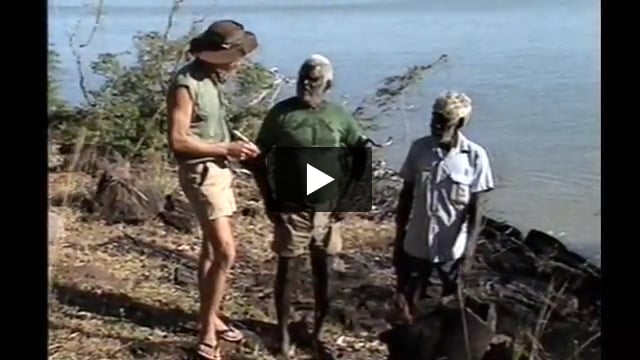Aboriginal organisations condemn government response
July 30, 2007
This page was last updated in 2007 and may contain language which is now outdated.
One month after the Australian government set up an 'emergency response taskforce' to tackle widespread child abuse in Aboriginal communities, its actions have been widely condemned by Aboriginal organisations.
In particular, the government has been criticised for using the crisis to remove the ability of remote Aboriginal communities to control who comes onto their lands. (Previously, anyone wishing to visit an Aboriginal community in the Northern Territory had to apply for a permit; in this way the community had some control over who entered their lands, and could block those, such as drug dealers and unscrupulous dealers in Aboriginal art, who they suspected of exploiting them.)
This measure was a long-standing objective of the Howard administration.
In addition, the government has compulsorily acquired all Aboriginal communities in the Northern Territory for five years.
An open letter signed by dozens of Aboriginal community organisations, states, 'The proposals go well beyond an 'emergency response', and will have profound effects on people's incomes, land ownership, and their ability to decide the kind of medical treatment they receive.
'Some of the measures will weaken communities and families by taking from them the ability to make basic decisions about their lives, thus removing responsibility instead of empowering them.
'In their present form the proposals miss the mark and are unlikely to be effective. There is an over-reliance on top-down and punitive measures, and insufficient indication that additional resources will be mobilised where they are urgently needed; to improve housing, child protection and domestic violence supports, schools, health services, alcohol and drug rehab programs.
'These issues have been raised by many Indigenous leaders over many years.'
Survival's Director Stephen Corry said today, 'Aboriginal communities, and indeed many other Indigenous peoples in the industrialised world, suffer appalling problems of social breakdown, including terrible levels of child abuse. The cause of these problems is complex; governments need sensitivity and long-term commitment to tackle them. This will invariably also involve a very close working relationship with Indigenous communities and organisations themselves. Emergency action to protect vulnerable children from abuse is, of course essential, but it is hard to see how taking over Aboriginal communities and depriving them of the ability to control who comes onto their land fits in.'
The prominent Australian academic Dr Germaine Greer has published an outspoken attack on the government's response to the crisis; you can read the article, published in The Guardian newspaper, here.
Background: The government's 'Northern Territory emergency response taskforce' was set up in response to a report commissioned by the Northern Territory government entitled 'Little children are sacred'. The report exposed the widespread sexual abuse of Aboriginal children in the Northern Territory, and concluded that, 'sexual abuse of Aboriginal children is happening largely because of the breakdown of Aboriginal culture and society…. Much of the violence and sexual abuse occurring in Territory communities is a reflection of past, current and continuing social problems which have developed over many decades.'
You can read a summary of the report here.



